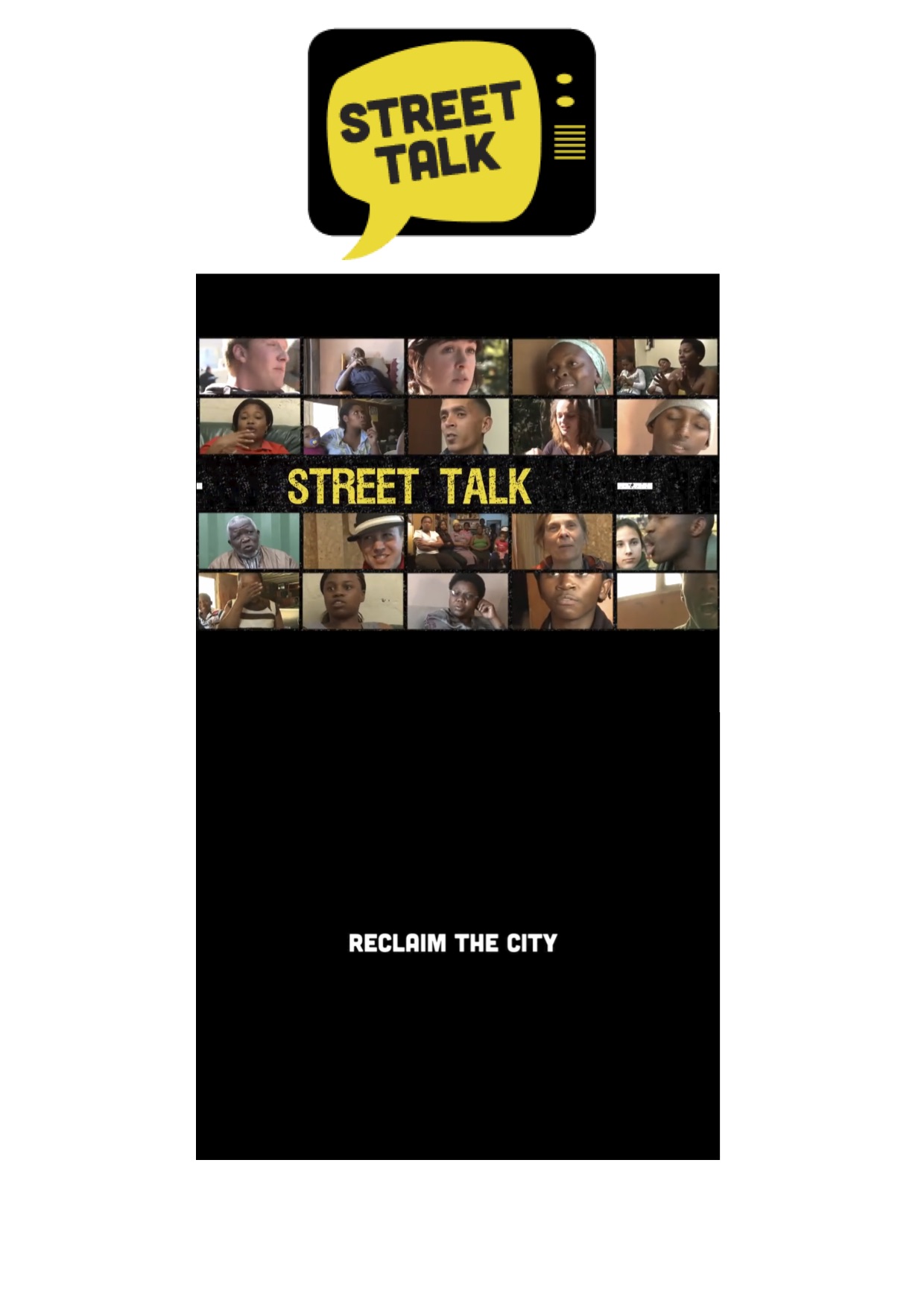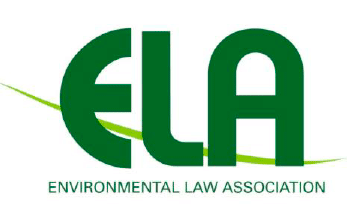ELA Streaming Club – Reclaim the City
Our second Streaming Club session on 27 May 2021 focused on spatial planning and spatial injustice in South Africa. You can watch the panel discussion on our YouTube Channel.
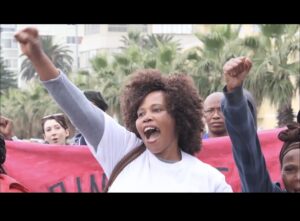
In Part 1 of our Streaming Club, members and friends of the ELA streamed Reclaim the City, a Street Talk short film (15 minutes long) in their own homes. The film tells the story of a community rising up against spatial apartheid in Cape Town. In Part 2 of our Streaming Club, members and friends of the ELA engaged with our expert panel via Zoom. Members had the chance to participate in an online competition and win a copy of an incredible book about urban spatial planning by one of our panelists, Marius Pieterse by answering a question about why spatial justice is important. The winning answer was:
With the country’s history of segregation, and current factors such as poverty, inequality, corruption and a global pandemic which has exacerbated the social injustices, spatial justice is an important aspect of ensuring democracy and equity and true transformation. It is a way in which social justice can be achieved, as it partially addresses the issues of unequal distribution of material resources.
Other members gave some great answers about the problem of spatial apartheid in South Africa. For example:
Spatial justice is important in South Africa because of past racial disparities and the fact that all South Africans did not have the same rights and privileges, and still realistically don’t. Spatial justice is needed to provide all South Africans the opportunity to own and control land, to have access to basic service delivery, to be treated equally and fairly, to improve the environmental factors that affect the health and well-being of citizens, and to give all persons the opportunity and space to make a living and thrive in the city – without judgement, fear, or discrimination, and to have their voices and concerns heard.
Here’s another interesting perspective from one of our members:
When one thinks about apartheid land legislation and other Acts such as the Group Areas Act, space has always been simultaneously a tool to keep people apart and a weapon of oppression, a reality that has not been adequately or conscientiously addressed (or redressed) in the post-apartheid era.
The panel was made up of three incredible and inspiring experts working the human rights and spatial justice space:
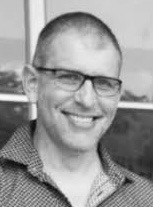
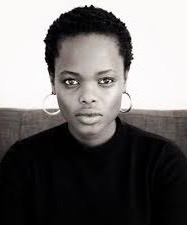
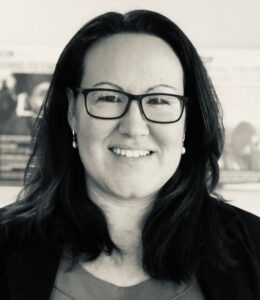
Marius Pieterse is a legal and policy researcher based at University of the Witwatersrand, Mandisa Shandu is the director and an attorney at Ndifuna Ukwazi, and Tarryn Cooper-Bell is an attorney at Equal Education Law Centre.
